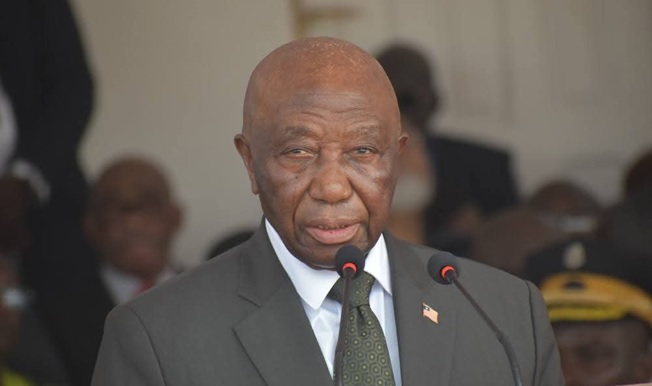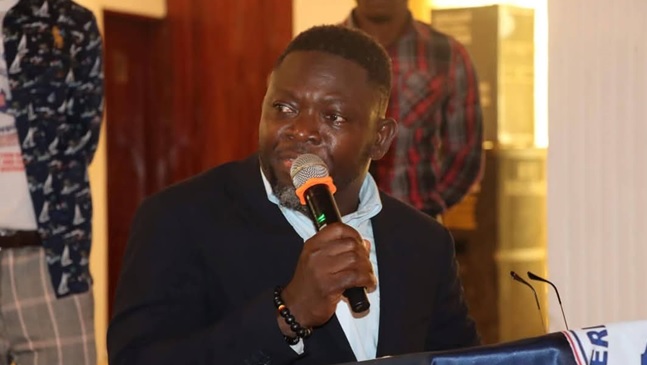In a call for fiscal responsibility, activist Martin K. N. Kollie has urged Liberians to demand clarity on how the government is spending the US$110 million allocated in the national budget. Kollie emphasized that the key to lifting Liberians out of poverty lies in curbing public waste, corruption, and inefficiencies in the management of public funds. He contends that the money, if used more wisely, could dramatically improve the lives of thousands of Liberians who continue to face high levels of poverty and unemployment.
Kollie posed a critical question to the government and the public: “What if the US$110 million was efficiently and equitably used to address the needs of the Liberian people?” He pointed out that while the country faces severe challenges, such as food insecurity and a dependency on foreign aid, the reality is that a significant portion of the national budget is being funneled into unnecessary expenditures, leaving citizens with little to show for it.
He highlighted that the 625-page Approved National Budget for Fiscal Year (FY) 2025, which is currently under review, reflects an alarming trend of wasteful spending. One example Kollie shared was the over US$4.6 million spent on purchasing cars for just 103 lawmakers, an expenditure he described as excessive and unnecessary. In contrast, the government of Burkina Faso recently procured 500 buses for its citizens, a decision Kollie suggests could serve as a model for Liberia. He called for a reallocation of resources toward projects that directly benefit the people, rather than continuing to support a bloated government.
Kollie further criticized the government’s lavish spending on politicians’ salaries, benefits, and allowances, which he claims are disproportionately high when compared to the needs of the average Liberian. Despite politicians earning between US$9,000 and US$13,000 monthly in salary—excluding other benefits—Liberia continues to allocate funds for expenses such as food, entertainment, foreign travel, fuel, and even scratch cards. These expenditures, Kollie argues, reflect a deeply flawed budgetary process that prioritizes the comfort of politicians over the welfare of the people.
He presented several budget lines as examples of the ongoing waste: In FY2024, over US$2.8 million was spent on food, with a further increase of US$3.36 million approved for FY2025. Similarly, more than US$4.5 million was spent on fuel for generators, with another US$4.2 million approved for FY2025. Other areas of concern include significant allocations for entertainment, workshops, and domestic and foreign travel for government officials.
Kollie pointed out that these figures do not even include the massive funds allocated to the National Security Agency (NSA), which has received an additional US$28 million over a two-year period for intelligence services, despite ongoing security challenges in the country, including rising crime rates, mysterious deaths, and armed robberies.
In light of these concerns, Kollie has called on President Joseph Boakai to take immediate action and reorient the national budget to focus on the true needs of the people. He recommends the establishment of an Agency for Government Efficiency (AGE) and a Specialized Court on Corruption and Financial Crimes to tackle these pervasive issues head-on. Kollie stressed that Liberia’s suffering is “artificial” and “man-made,” caused by a mismanagement of resources that perpetuates poverty and joblessness across the country.






